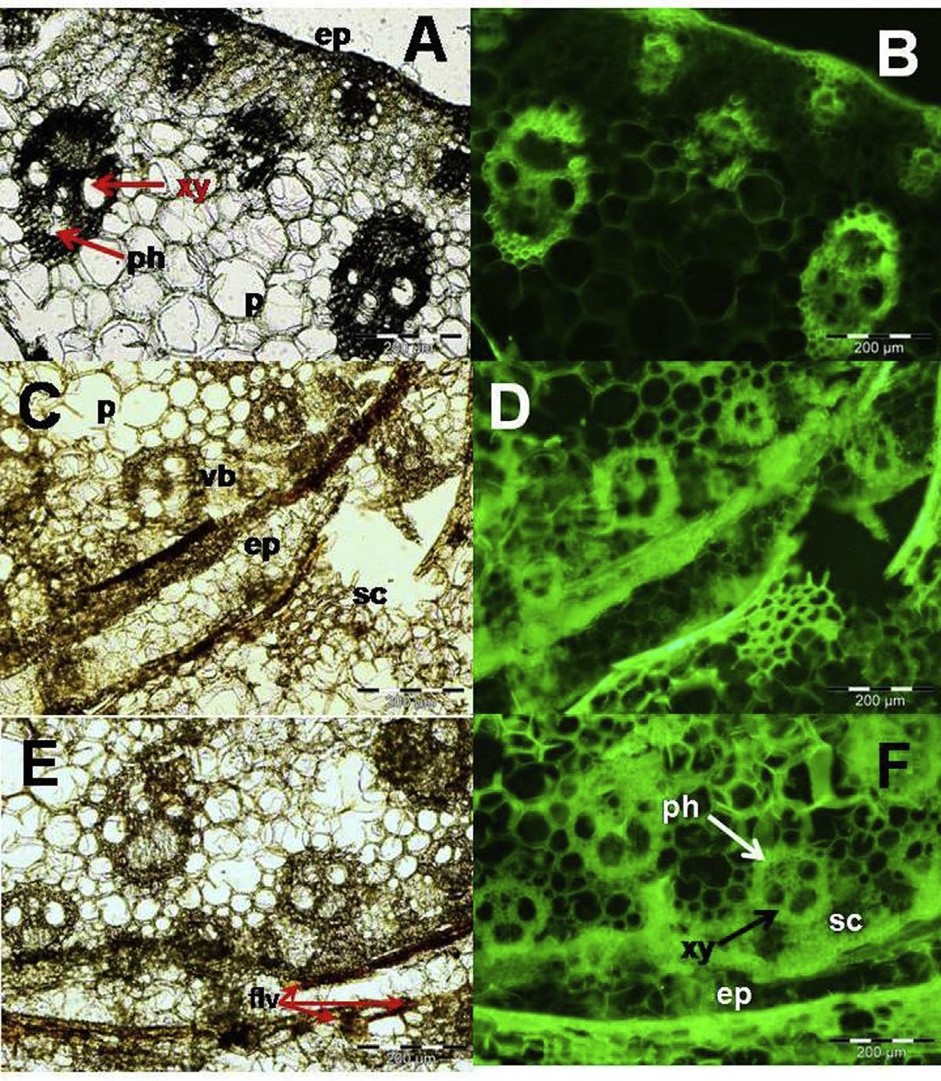Sánchez-Elordi, E., M. Díaz, E., de Armas, R., Santiago, R., Alarcón, B., Vicente, C., Legaz, M.E.
Effects of abiotic stresses on sugarcane plants with emphasis in those produced by wounds and prolonged post-harvest periods.
In: Durgesh Kumar Tripathi, Vijay Pratap Singh, Devendra Kumar Chauhan, Shivesh Sharma, Sheo Prasad, Navneet Kumar Dubey, Naleeni Ramawat, eds., Plant Life under Changing Environment, pp. 249-267, Academic Press, London.
DOI: ISBN: 9780128182048
RESUMEN
The effects of different environmental stresses on growth, efficiency in biomass production, and on the accumulation of sucrose in sugarcane cultivars are studied. Thermal, nutritional, saline, and drought stresses have similar effects on sensitive cultivars: decrease in size of the plant; decrease in the photosynthetic efficiency, possibly accompanied by chlorosis of the leaf; alterations in the integrity of membrane systems; loss of the ability of sucrose accumulation; and accumulation of reactive oxygen species. In the case of wound stress, these phenomena are accompanied by an enhanced production of soluble carbohydrates and glycoproteins that appear to act as healing molecules or protective responses against casual infections. A good number of resistance genes have been characterized that encode for the synthesis of osmoregulatory small molecules, such as proline or trehalose, for proteins that ensure the integrity of photosystems and for enzymes that produce antioxidant metabolites. The possibility of using these cloned genes in the production of transgenic plants with high resistance to stress is discussed.
